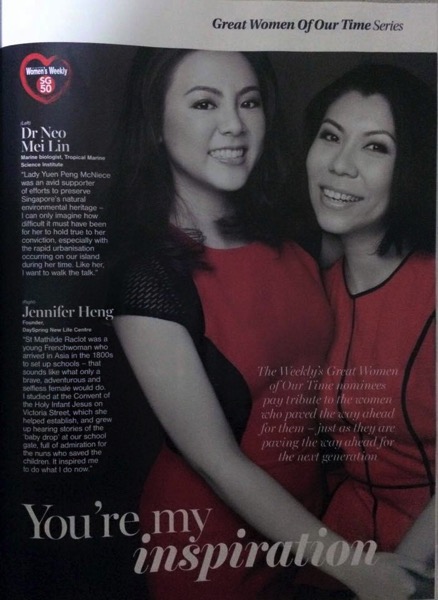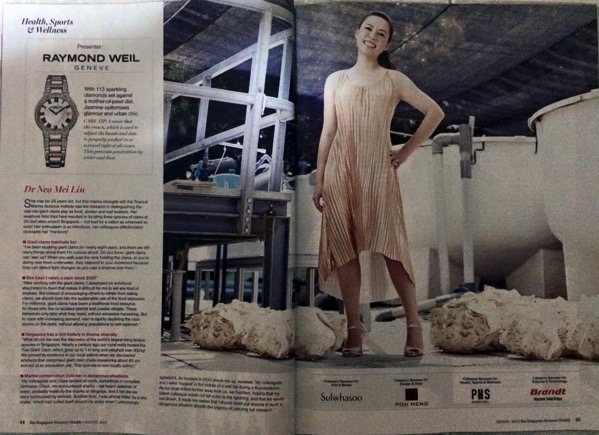Claire Clements from Beach House Pictures who made Wild City is looking for a couple of interns for their latest wildlife documentary filmed here in Singapore about Singapore’s wildlife. She says,
Beach House Pictures is offering a paid internship (1 – 3 months) working on our latest wildlife documentaries!
This is a great opportunity for young nature lovers to get involved, have input and get some great experience in a very niche industry.
Please note if you are studying and cannot commit to full time but would like to be involved we could potentially hire you as a part term intern. This is a unique opportunity to join a small team following Singapore’s wildlife.
The ideal candidate will want to gain experience in working in the field – duties will include:
- helping to track wild animals,
- assist with carrying equipment,
- assist with planning of shoots
- potential camera experience depending on skill levels,
- some office duties such as research and planning.
There are potential of night shoots, over night camping shoots, early starts. You will likely be seeing parts of Singapore that most people don’t!
This is a role where hard work and enthusiasm will be rewarded with increased opportunities and responsibilities and you will really get a chance to be part of the team.
You don’t necessarily need any prior experience but preference will be given to people with a experience/enthusiasm for wildlife and TV documentary.
Must be based in Singapore. Start date immediately.Please contact the Production Manager at shalini@beachhousepictures.com with a CV and cover letter.




